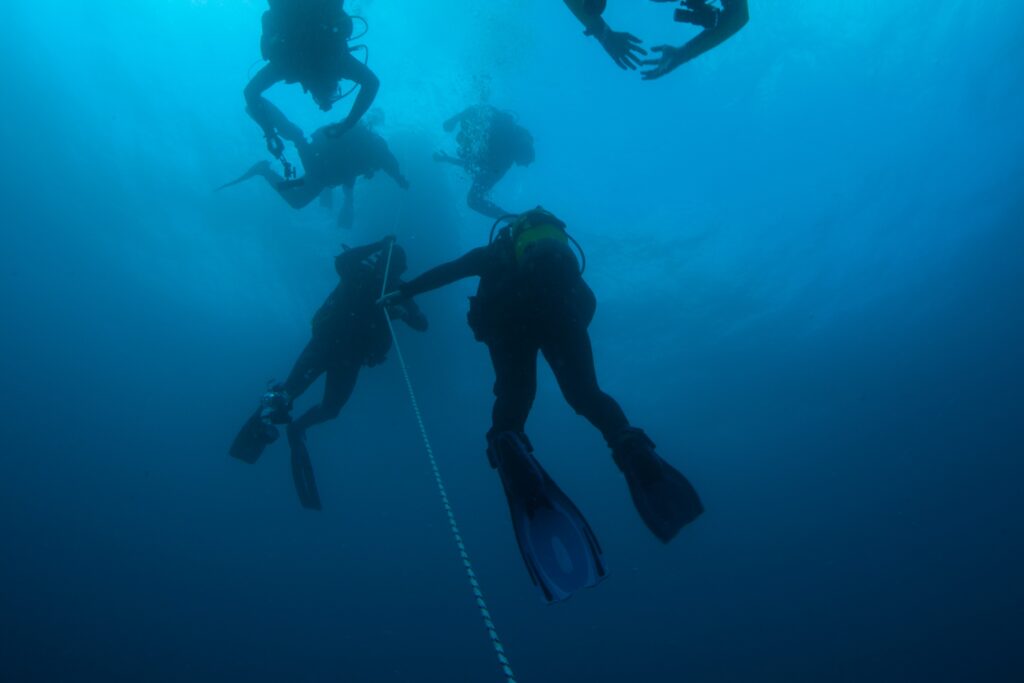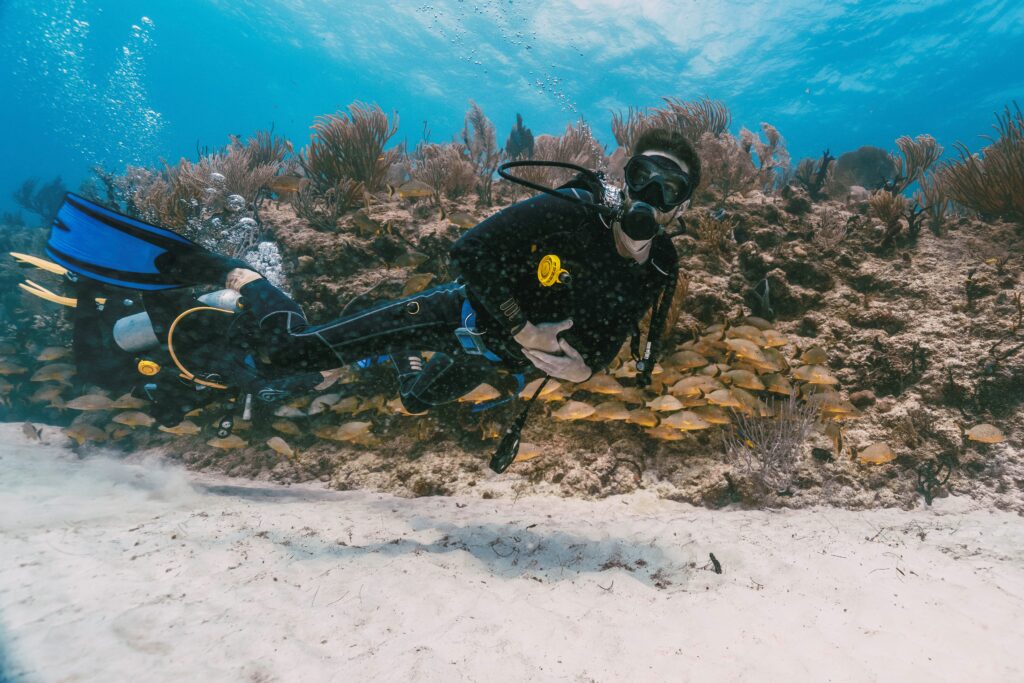What is Scientific Research in Scuba Diving, Freediving, and Snorkeling?

Scientific research in aquatic environments encompasses a wide range of methodologies and disciplines, including marine biology, oceanography, and environmental science. Within this broad spectrum, scuba diving, freediving, and snorkeling serve as vital tools for researchers. These diving methods allow scientists to observe and gather data in underwater environments that are otherwise inaccessible. This entry delves into how each diving technique contributes to scientific discoveries and conservation efforts, highlighting their unique advantages and the specific methodologies employed.
10 Things Not to Forget at Home When Packing for Your Next Scuba Diving Trip

Imagine this scenario: you’ve finally arrived at one of the world’s most exquisite diving locations, eager to explore the colorful, vibrant depths below. As you unpack, your heart sinks when you realize that you’ve left a crucial piece of equipment behind. Scuba diving offers an unmatched adventure, plunging into an alien world filled with wondrous marine life and serene, untouched landscapes. However, this thrilling experience requires not just bravery and enthusiasm but meticulous preparation.
What is a Trim Weight?

A trim weight is a weight specifically designed and used by scuba divers to improve their underwater buoyancy and body positioning, promoting a horizontal orientation during a dive. By adjusting the location and amount of these weights, divers can ensure a balanced and streamlined profile underwater.
What is Cavern Diving?

Cavern diving is a distinct form of scuba diving that involves exploring natural underwater caverns, allowing divers to experience the beauty and mystery of submerged cave systems. Unlike cave diving, where divers venture deep into the labyrinthine recesses of underwater cave networks, cavern diving stays within the sunlit zone, offering a safer and more controlled environment. Cavern divers do not stray far from the surface, ensuring they remain within a short distance of an emergency exit point. This sport attracts those fascinated by unique underwater formations, offering an adventurous alternative to traditional open-water diving.
What is a cavern in the context of diving?

A cavern, in the context of diving, refers to a semi-enclosed underwater area where natural light is still visible and the entrance remains within view. These formations often occur in rock, creating unique and accessible underwater environments for divers. Cavern diving involves the exploration of these partially enclosed spaces, distinct from full cave diving, where the entrance may no longer be visible and natural light does not penetrate. Cavern divers can enjoy the sensation of venturing into more confined underwater environments while still maintaining the safety net of knowing they can see their way out and rely on natural lighting to guide their orientation. This article will explore the history of cavern diving, its unique geological features, required training and equipment, and the essential guidelines for ensuring safety and responsible diving practices.
What is a Hyperbaric Chamber?

What is a Hyperbaric Chamber? A hyperbaric chamber, also known as a decompression chamber, is an air-tight, pressure-controlled enclosure designed to simulate varying ambient pressures, either at altitude or at depth, for a range of medical, scientific, and diving-related applications. Hyperbaric chambers can be mobile or stationary and are operated by trained technicians. They consist […]
What is a Air Compressor?

What is a Air Compressor? Diving beneath the ocean’s surface and exploring its hidden marvels is an exhilarating experience, the wonderment of which is enabled by the technologically advanced gear that divers wear. Among the critical components that ensure the safety and capability of these aquatic explorers is the air compressor—a fascinating piece of equipment […]
What is Decompression Sickness (DCS)?

What is Decompression Sickness (DCS)? Decompression sickness, commonly referred to as DCS or “the bends,” is a medical condition that occurs in scuba divers when they ascend too rapidly or fail to follow proper decompression procedures during their dive. The condition results from dissolved nitrogen gas leaving the body tissues and forming bubbles when the […]
What is a Scuba Diver?

What is a Scuba Diver? A scuba diver is a person who engages in the recreational or professional activity of swimming underwater using SCUBA equipment. The term “scuba” is an acronym for “self-contained underwater breathing apparatus,” which allows scuba divers to breathe comfortably beneath the water’s surface while exploring the aquatic world at their leisure. […]
What is Scuba Diving?

Scuba diving is a recreational and professional activity where individuals explore underwater environments using self-contained underwater breathing apparatus (SCUBA) equipment. This equipment allows divers to stay underwater for extended periods, enabling them to experience marine life, shipwrecks, caves, and other submerged wonders. The ability to explore these otherwise inaccessible areas has made scuba diving a popular pursuit for adventure enthusiasts, marine biologists, and professional divers alike. Since its modern development in the 20th century, scuba diving has attracted millions of people globally, offering a unique blend of excitement, discovery, and tranquility beneath the waves.
